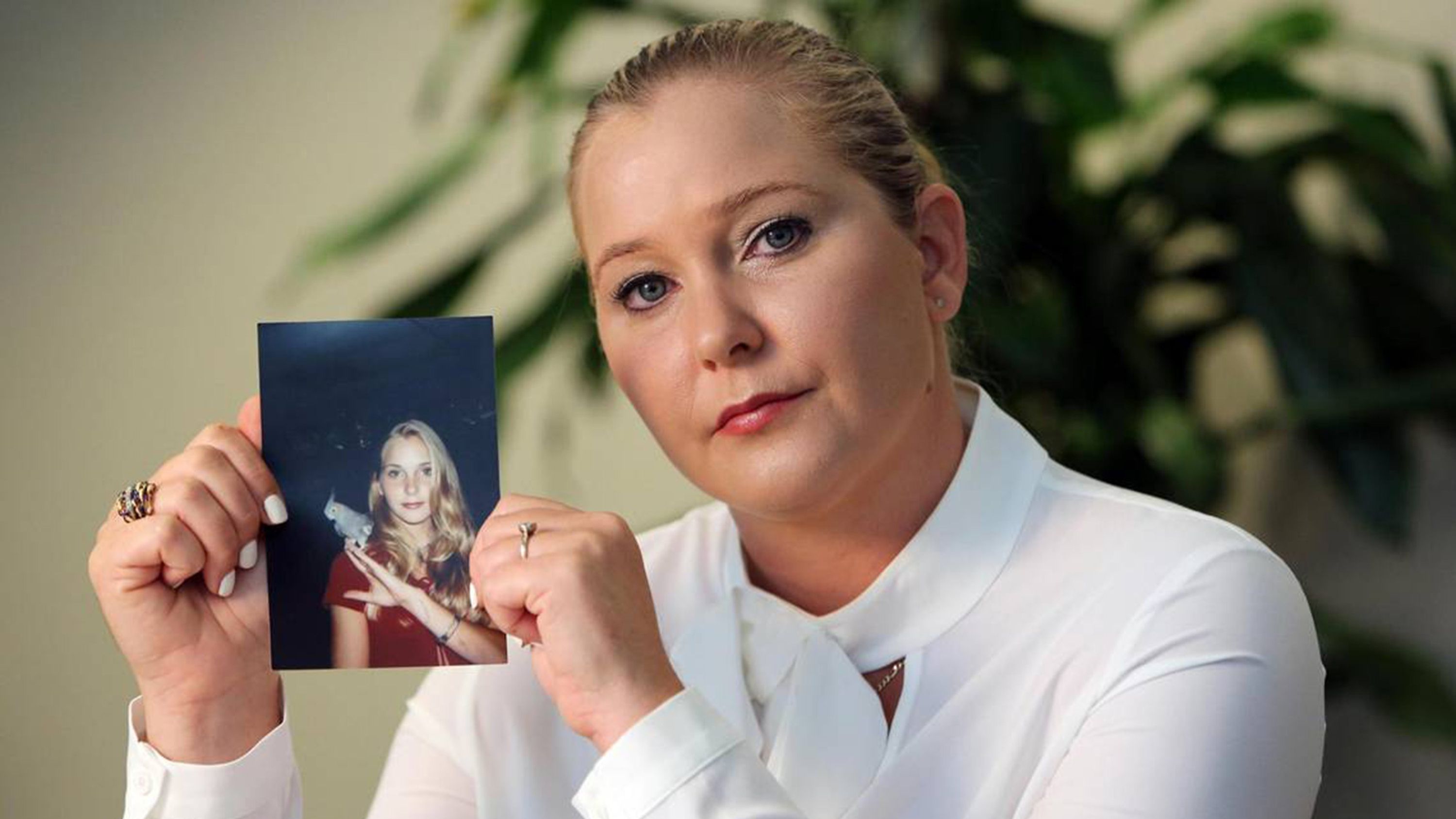Virginia Giuffre’s memoir, “Nobody’s Girl,” is sending shockwaves through the already tumultuous landscape surrounding Jeffrey Epstein’s notorious sex trafficking ring. This explosive book, which details Giuffre’s harrowing experiences as a victim of Epstein and Ghislaine Maxwell, offers a raw and unflinching account of the abuse she endured for two years. As the public grapples with the implications of her revelations, it becomes clear that Giuffre’s narrative is more than just a personal story; it is a critical piece of the larger puzzle that implicates numerous powerful figures in a web of complicity and silence.

In her memoir, Giuffre recounts the brutal realities of her exploitation, describing in graphic detail the chains and contraptions used against her, and the psychological torment inflicted by her abusers. Her experiences are not merely shocking; they serve as a stark reminder of the systemic failures that allowed such atrocities to persist unchecked. Giuffre’s voice, often marginalized in media narratives, emerges as a powerful testament to the resilience of survivors and the urgent need for accountability.

The book also sheds light on the broader network of individuals who facilitated Epstein’s crimes. Giuffre refers to several high-profile figures only as “billionaires” and a “prime minister,” hinting at a disturbing reality where the elite escape scrutiny while their victims suffer in silence. This omission underscores a critical gap in the public’s understanding of the extent of Epstein’s operations and the individuals who were complicit in them.
Giuffre’s journey to seek validation and justice is poignantly illustrated in her interactions with those who could corroborate her story, including a chef and a pilot associated with Epstein. Her longing for acknowledgment of her suffering highlights a profound truth: survivors of abuse often seek not just justice but recognition of their experiences. This emotional dimension adds depth to her narrative, inviting readers to empathize with her plight.
As the release of Giuffre’s memoir coincides with renewed calls for the release of the Epstein files, the stakes have never been higher. The ongoing resistance to transparency from powerful political figures raises questions about who is truly being protected and who continues to evade accountability. Giuffre’s book may serve as a catalyst for change, pushing the conversation forward and demanding that the names of those involved be brought to light.

In a society that has often silenced victims, Giuffre’s “Nobody’s Girl” stands as a rallying cry for justice. The urgency of her message resonates deeply, urging readers to confront the uncomfortable truths about power, privilege, and the pervasive culture of silence that surrounds sexual abuse. As the fallout from her revelations unfolds, one thing is clear: the world can no longer afford to ignore the voices of survivors. Giuffre’s story is not just hers; it is a collective call to action for all those who believe in justice and accountability.






